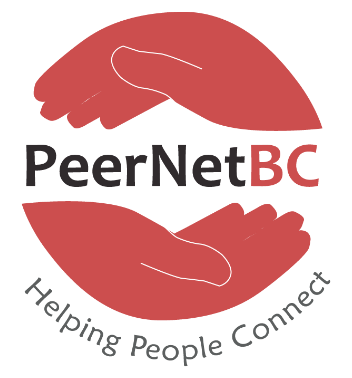All Abilities Connected Communities (AACC)
The All Abilities Connected Communities (AACC) project connected disabled youth between the ages of 16 and 30. This initiative aimed to create and hold space for young people to explore their leadership and discuss barriers related to ableism and intersectionality. Participants and mentors gained confidence through peer support and learning, enhancing their abilities to navigate the world and be prominent voices in the development of their support networks.
What is the purpose of the AACC?
Disabled youth can face increased barriers relating to health, social isolation, and service needs. These challenges can impact future planning, education and employment outcomes and may increase dependence on benefits. Because of this, disabled people are not often found in leadership roles and lack opportunities to participate in other leadership activities where they could explore their self-confidence and self-worth.
From visioning to coordination and cofacilitation during training, this project has been developed alongside communities with disabilities. Youth participants were active throughout the evaluation and the development of the training content and had the opportunity to facilitate training components.
The project aimed to increase the engagement of disabled youth in leadership roles and other opportunities, increasing the representation of disabled youth in leadership. We hope to create a systemic shift for the able-bodied community to see disabled youth as leaders – challenging ableism and other discriminatory barriers.
History and accomplishments of the AACC
The AACC project launched in 2016 and focused on facilitation, peer support and leadership training for 12 youth, ages 16 to 29, with various disabilities. In 2018, eight members of AACC youth formed a committee to plan, coordinate and facilitate the “Disability Social & Intergenerational Event,” which brought over 40 people from the Metro Vancouver area to attend workshops and panels on intersectional disabilities.
During 2019 and 2020, another cohort of the AACC completed seven weeks of leadership training for disabled youth. By engaging youth participants from the pilot project to help deliver and co-facilitate training, we were able to implement meaningful models of engagement by having young people with disability mentor their peers.
Some of our biggest accomplishments include:
- Youth with differing abilities (including Neuro-diverse, Deaf, Cerebral Palsy, and various cognitive and physical disabilities communities, as well as mental health committees) were able to connect and learn from each other
- Participants obtained paid contract employment
- Youth became cofacilitators and brought their facilitation and leadership skills into their communities
- Youth finding employment with our partnered organizations
- Obtaining an organizational host for their disability peer support groups
- Participants supporting each other and connecting outside of AACC
AACC has had multiple meaningful community partners that we would like to thank:
- North Shore Disability Resources Centre
- PLAN and PLAN Institute
- Inclusion BC
- BACI (Burnaby Association for Community Inclusion)
- Karen Lai – Accessibility and Inclusion Consulting
AACC would also like to acknowledge our funders:
- Vancouver Coastal Health
- Coast Capital Savings
- BC Gaming
- INclusion BC
1. Final Report on the Youth Transition Demonstration Evaluation. https://www.mdrc.org/publication/final-report-youth-transition-demonstration-evaluation
2. Final Report on the Youth Transition Demonstration Evaluation. https://www.mdrc.org/publication/final-report-youth-transition-demonstration-evaluation
